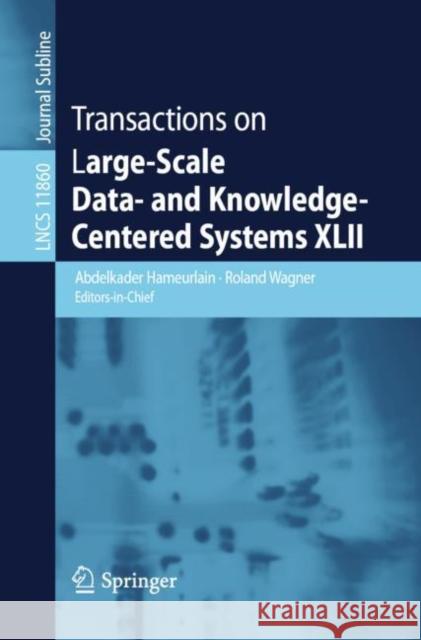Transactions on Large-Scale Data- And Knowledge-Centered Systems XLII » książka
topmenu
Transactions on Large-Scale Data- And Knowledge-Centered Systems XLII
ISBN-13: 9783662605301 / Angielski / Miękka / 2019 / 135 str.
Kategorie:
Kategorie BISAC:
Wydawca:
Springer
Język:
Angielski
ISBN-13:
9783662605301
Rok wydania:
2019
Dostępne języki:
Ilość stron:
135
Waga:
0.22 kg
Wymiary:
23.39 x 15.6 x 0.81
Oprawa:
Miękka
Dodatkowe informacje:
Wydanie ilustrowane











